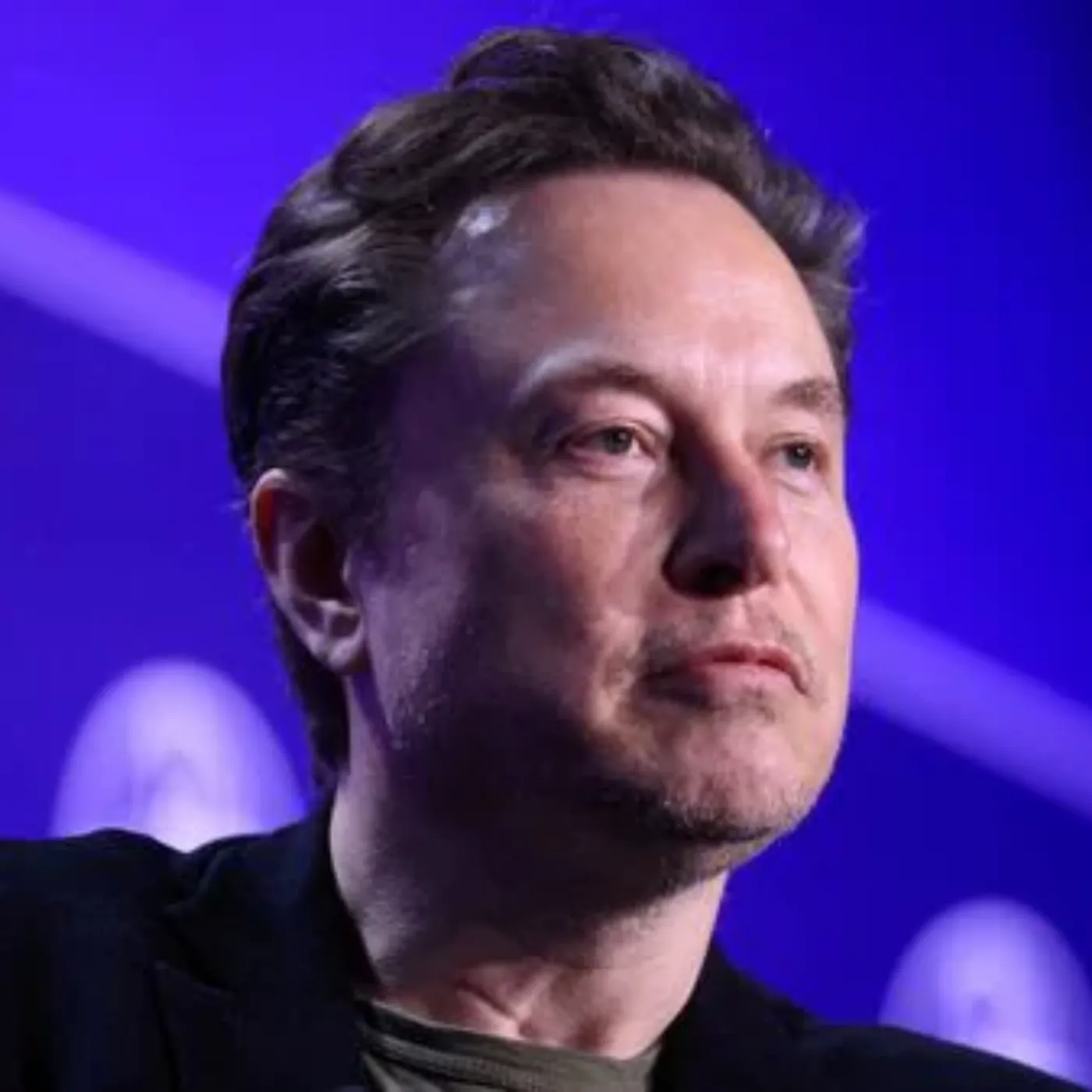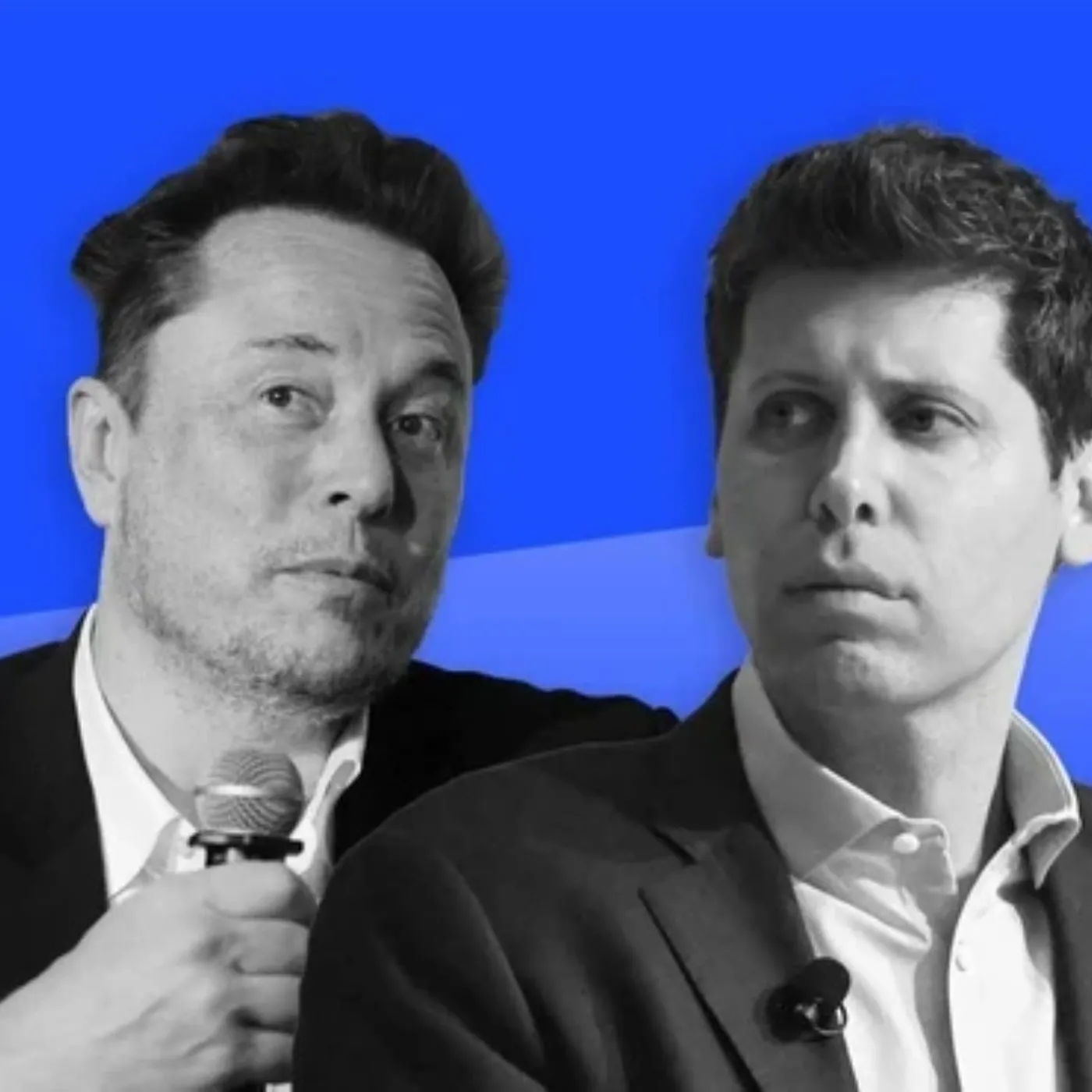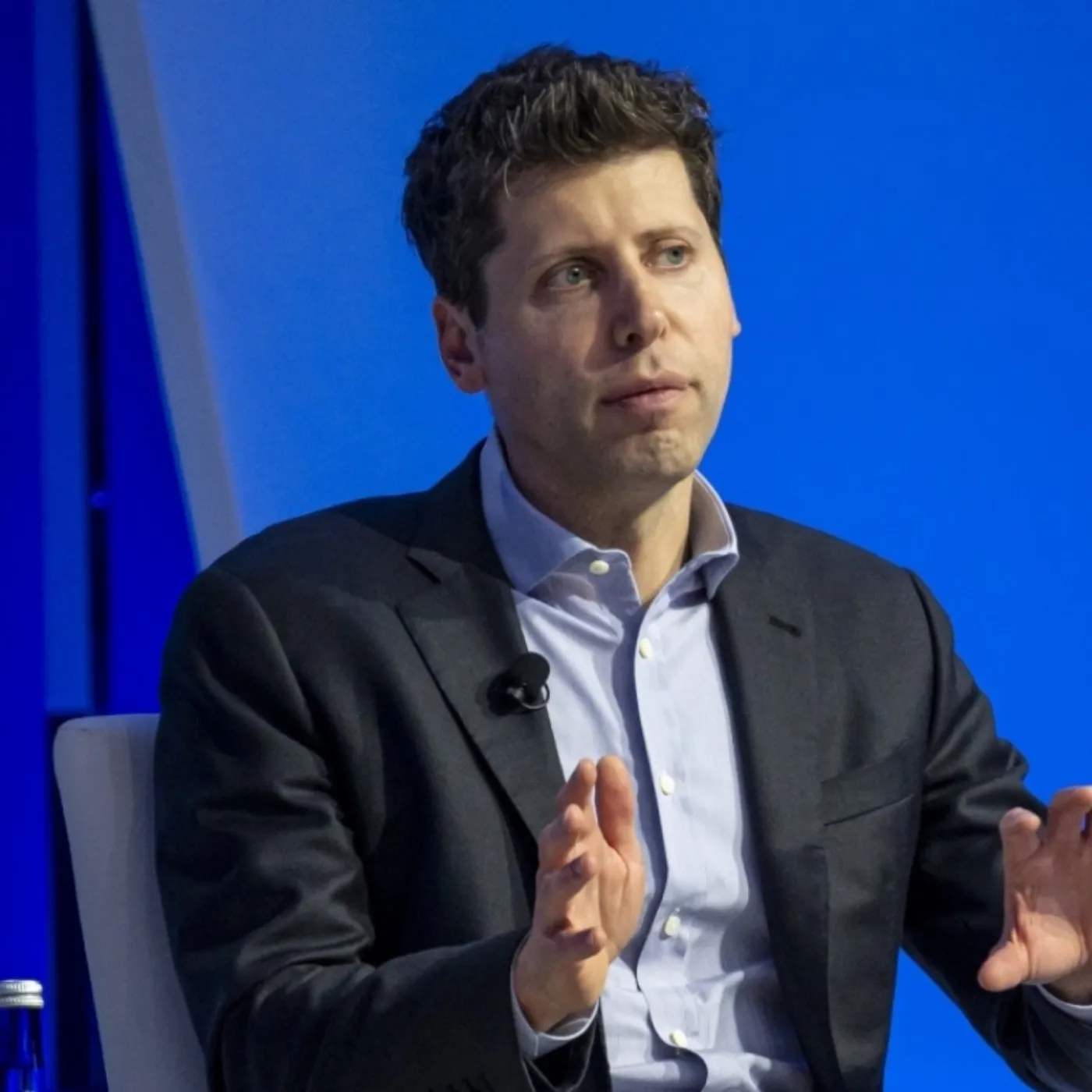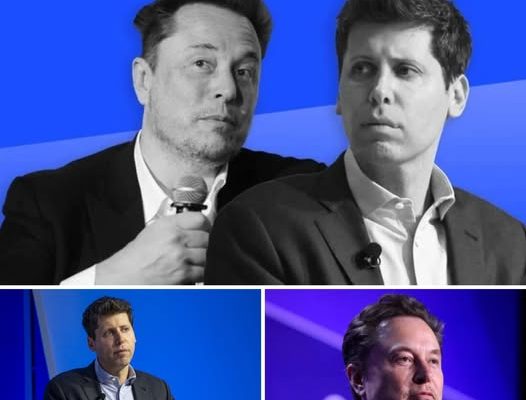In a surprising turn of events, the creator of ChatGPT, the renowned AI conversational tool, has made headlines by labeling Elon Musk, the influential CEO of Tesla, SpaceX, and X (formerly Twitter), as a “bully.” This bold statement has stirred widespread debate across social media and the tech industry, raising questions about power dynamics, ethical behavior, and the evolving role of AI in our society.

The comment came during a public interview where the ChatGPT creator shared candid insights about Musk’s interactions with the AI community. According to reports, Musk’s alleged heavy-handed tactics and aggressive criticisms of AI developers, including OpenAI—the company behind ChatGPT—prompted the creator’s outspoken remarks. The label “bully” reflects a broader sentiment among some in the tech world who feel Musk’s influence can be overwhelming, even intimidating.
Table of Contents
The Background of Musk’s AI Criticisms
Elon Musk has long been a polarizing figure in the AI community. As one of the co-founders of OpenAI, Musk initially supported the organization with a mission to create AI for the benefit of humanity. However, his departure from the company in 2018, citing differences over its direction and management, marked a turning point. Since then, Musk has openly criticized OpenAI, particularly its decision to transition into a for-profit entity and its close collaboration with Microsoft.

Musk has frequently voiced concerns about AI safety, warning about the risks of uncontrolled AI development. His strong opinions have earned him both supporters who appreciate his cautionary stance and critics who accuse him of being overly alarmist or even hypocritical, given Tesla’s reliance on AI for its self-driving technology.
Why the ‘Bully’ Label Matters
The creator’s decision to call Musk a “bully” has ignited a conversation about how tech leaders wield their power. Critics argue that Musk’s wealth and influence allow him to dominate discussions and undermine other voices in the industry. His frequent Twitter tirades and public challenges to rivals have been seen as examples of this behavior.
However, Musk’s supporters counter that his assertive approach stems from a genuine concern for humanity’s future. They argue that his willingness to speak out, even controversially, is essential for progress in an industry as impactful as AI.
The Role of ChatGPT and OpenAI in the Dispute
ChatGPT has become one of the most popular AI tools in the world, revolutionizing the way people interact with technology. OpenAI’s success has drawn both admiration and scrutiny, with Musk among its most vocal detractors. His criticism of OpenAI’s business model and its potential impact on society has likely fueled tensions between him and its creators.
The “bully” comment sheds light on the personal and professional friction between Musk and OpenAI’s leadership. It also highlights the challenges faced by innovators in a competitive industry, where ethical and practical disagreements often lead to public disputes.
What’s Next?
As this controversy unfolds, it is a reminder of the complexities of leadership and innovation in the tech world. While Musk’s influence cannot be denied, the critique from ChatGPT’s creator signals a broader need for dialogue about power, ethics, and collaboration.

The tech industry thrives on competition and diverse perspectives. Whether Musk’s tactics are seen as bullying or bold leadership, the debate underscores the importance of mutual respect and constructive discourse in shaping the future of AI. Only time will tell how this tension will impact the ongoing evolution of artificial intelligence.

